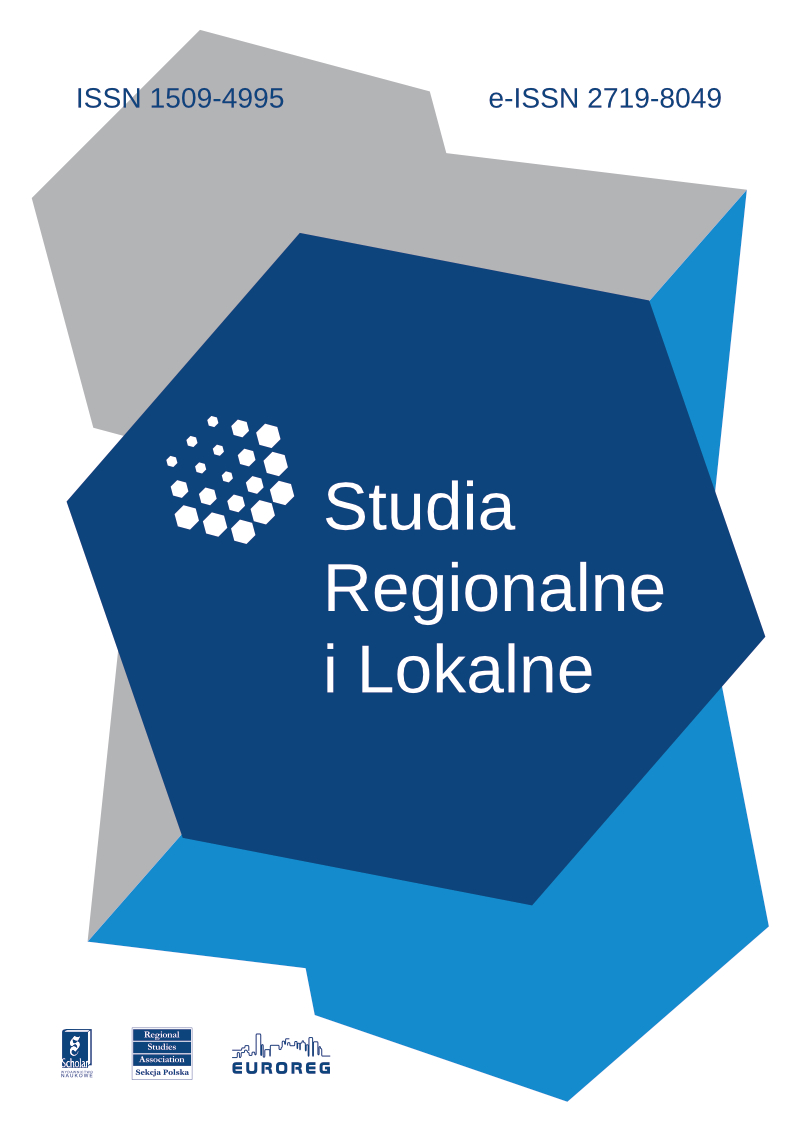Kultura w regionach - analiza dokumentów strategicznych polskich województw oraz piśmiennictwa przedmiotu
Niniejszy artykuł ma stanowić krótki przegląd strategii rozwoju polskich województw pod kątem umiejscowienia w nich roli kultury i zdefiniowania jej jako czynnika rozwoju regionalnego. Zostały ze sobą porównane strategie generacji starej (obowiązujące do 2005/2006 r.) i nowej (przygotowane na okres programowania 2007–2013). Rola regionów w rozwoju kultury jest niebagatelna, gdyż w wyniku reformy administracyjnej w 1998 r. prowadzenie polityki kulturalnej stało się domeną jednostek samorządów terytorialnych. Przegląd ten poprzedzono omówieniem komponentów polityki kulturalnej: 1) przemysłów kultury jako sektora kreacji kultury i wytwarzania produktów kulturowych, 2) instytucji kultury, 3) dziedzictwa kulturowego jako swoistej bazy zasobów do wykorzystania w procesie kreacji kulturowej oraz promocji za pośrednictwem sieci instytucji kultury. Przy analizie każdego komponentu zamieszczono również skrótowy przegląd spostrzeżeń i poglądów na jego temat, obecnych w piśmiennictwie przedmiotu autorstwa badaczy z kręgu instytucji kultury i z ośrodków akademickich zajmujących się kulturą. Zaproponowano również własny pomysł na opis elementów polityki kulturalnej. Efektem tego jest zestawienie sposobu postrzegania kultury w dostępnym piśmiennictwie z kierunkami działań i filozofią jej rozwoju w województwach. W konsekwencji ocenie została poddana przydatność powszechnie dostępnej, przekrojowej literatury na temat kultury w Polsce dla budowania filozofii rozwoju kultury w regionach.
Culture in Regions. Overview of the Strategic Documents of Polish Voivodeships and Academic Literature
The article is an attempt at a brief overview of the development strategies of Polish voivodeships in terms of the role of culture as a factor in regional development. The author compares the ‘old-generation’ strategies (applicable until 2005/2006) and the ‘new-generation’ ones (developed for the programming period of 2007–2013). Culture plays an important role in the development of regions as after the administrative reform of 1998 cultural policy became an element of the local government activities. The overview is preceded by a description of the constituents of cultural policy such as 1) the cultural industry as a sector of culture creation and development of cultural products, 2) cultural institutions, and 3) cultural heritage as a pool of resources to be used in the cultural creation process and promotion through the cultural institutions network. Each component analysis is accompanied by a brief discussion of the related ideas and opinions expressed in academic literature by experts from cultural institutions and culture-related academic centres. The author also offers his own concept of describing elements of cultural policy. He juxtaposes the perception of culture as presented in the available publications with the aims of cultural activity and the philosophy of cultural development in voivodeships. Consequently, the author assesses the usefulness of the widely available cross-sectional literature on culture in Poland for the building of the cultural development philosophy in the Polish regions.
Afiliacja:
Paweł Kos?cielecki: Wyższa Szkoła Przedsiębiorczości i Zarządzania im. Leona Koźmińskiego w Warszawie, (ul. Jagiellońska 57/59, 03-301 Warszawa)



